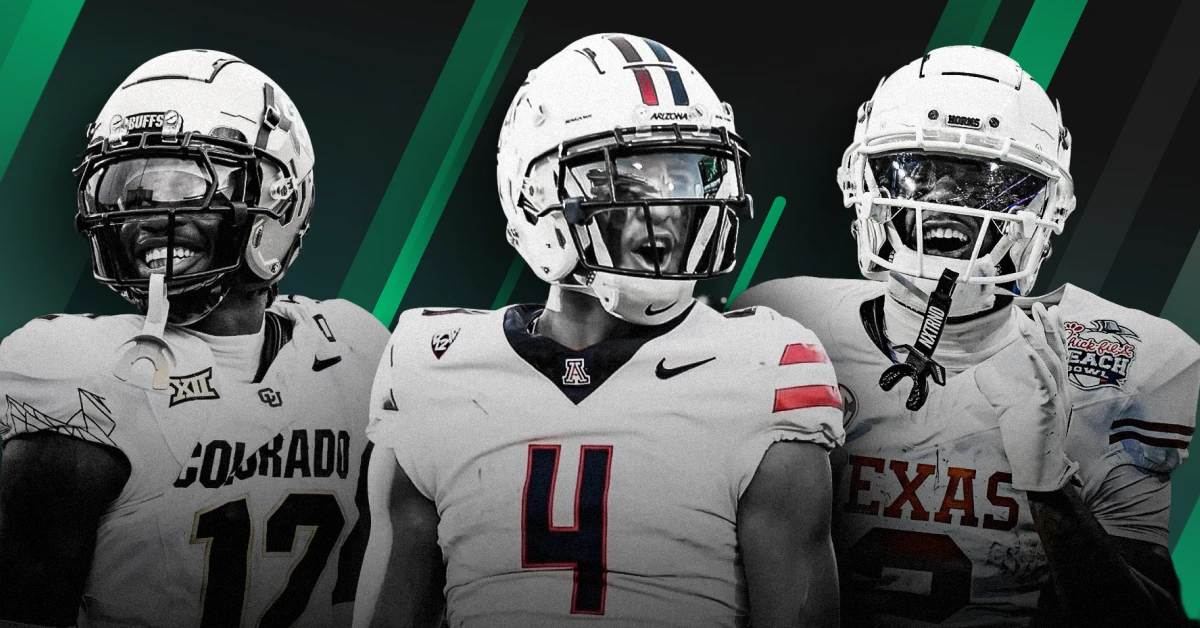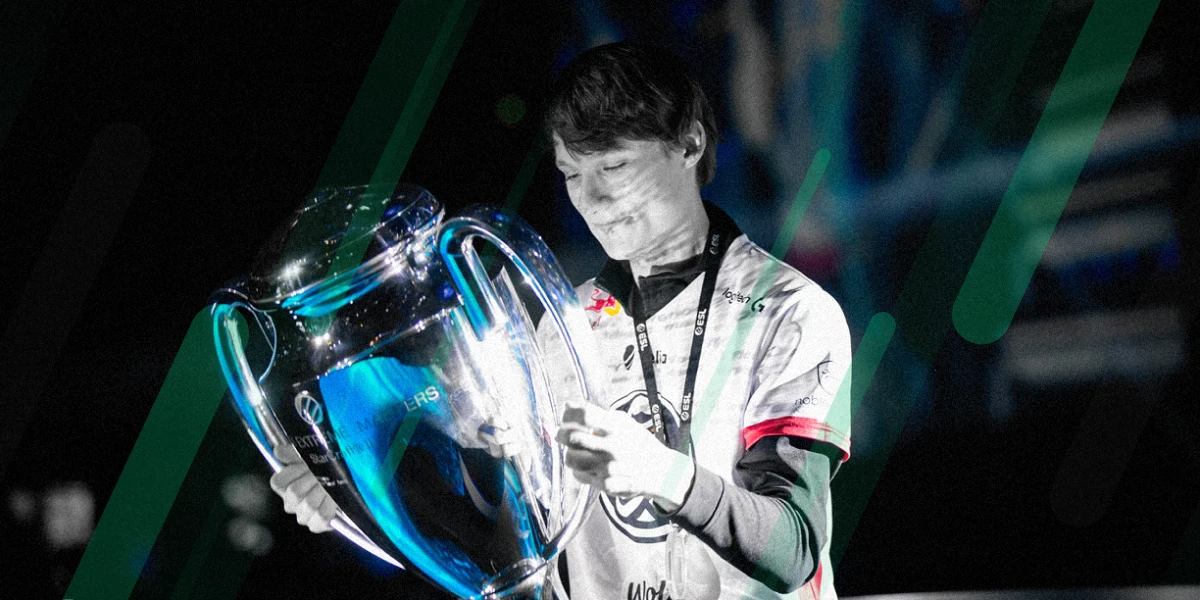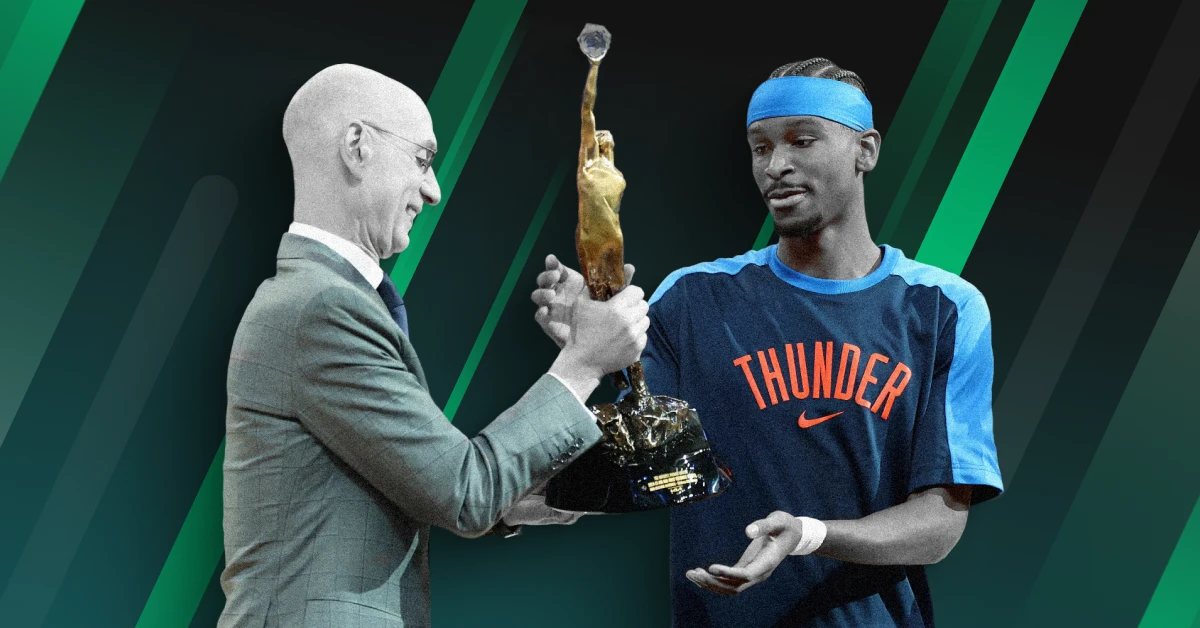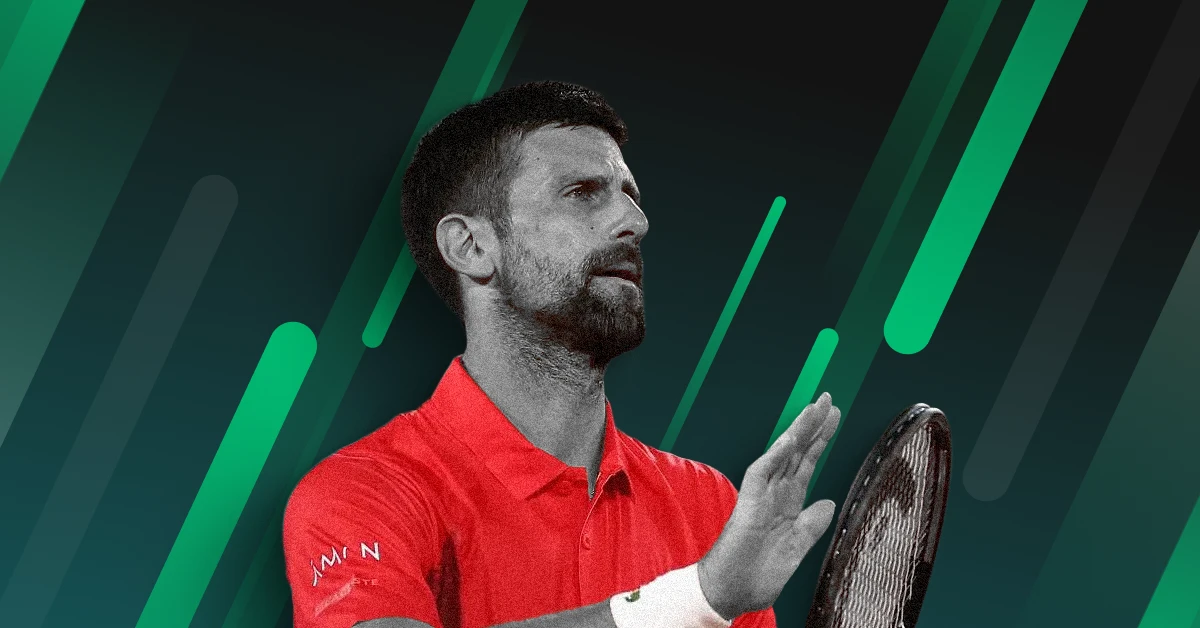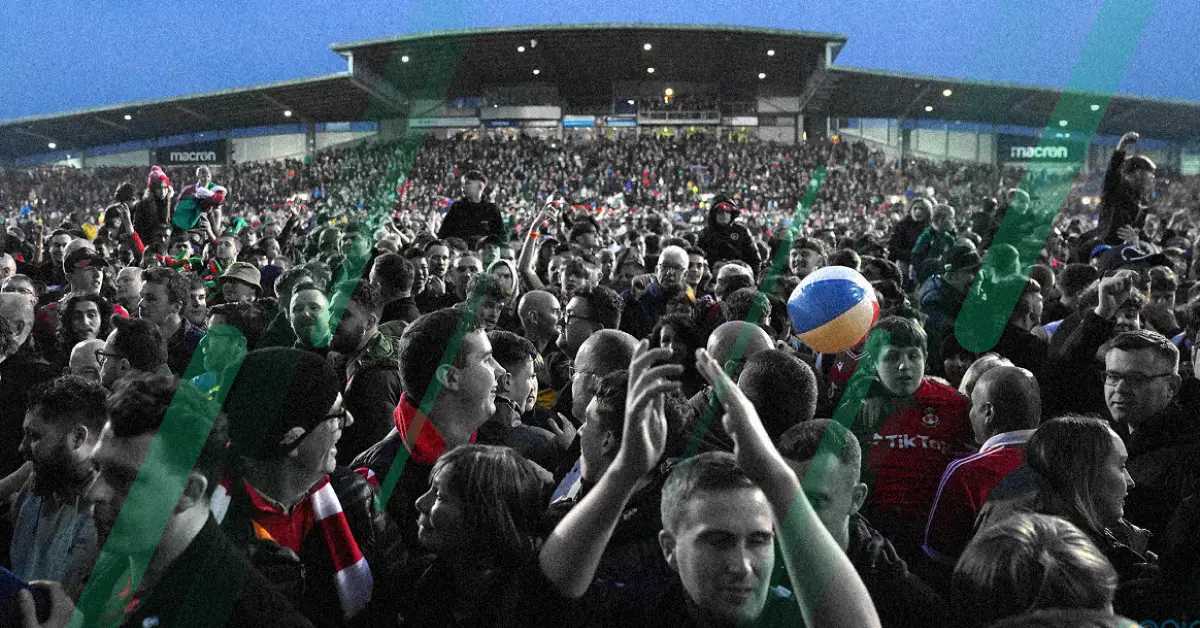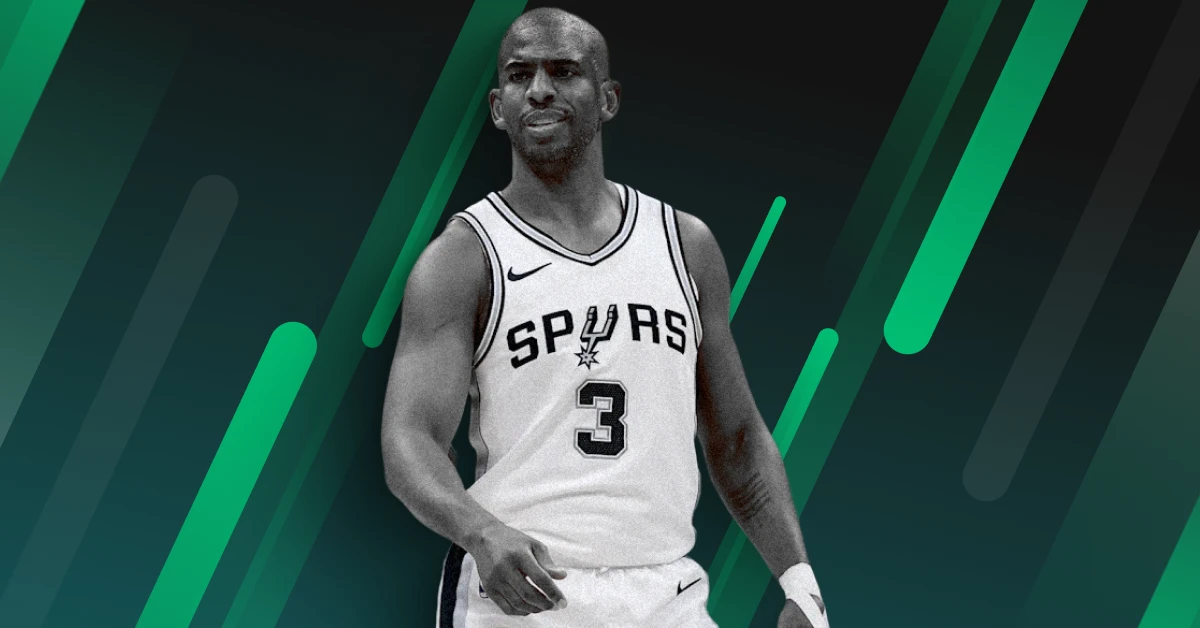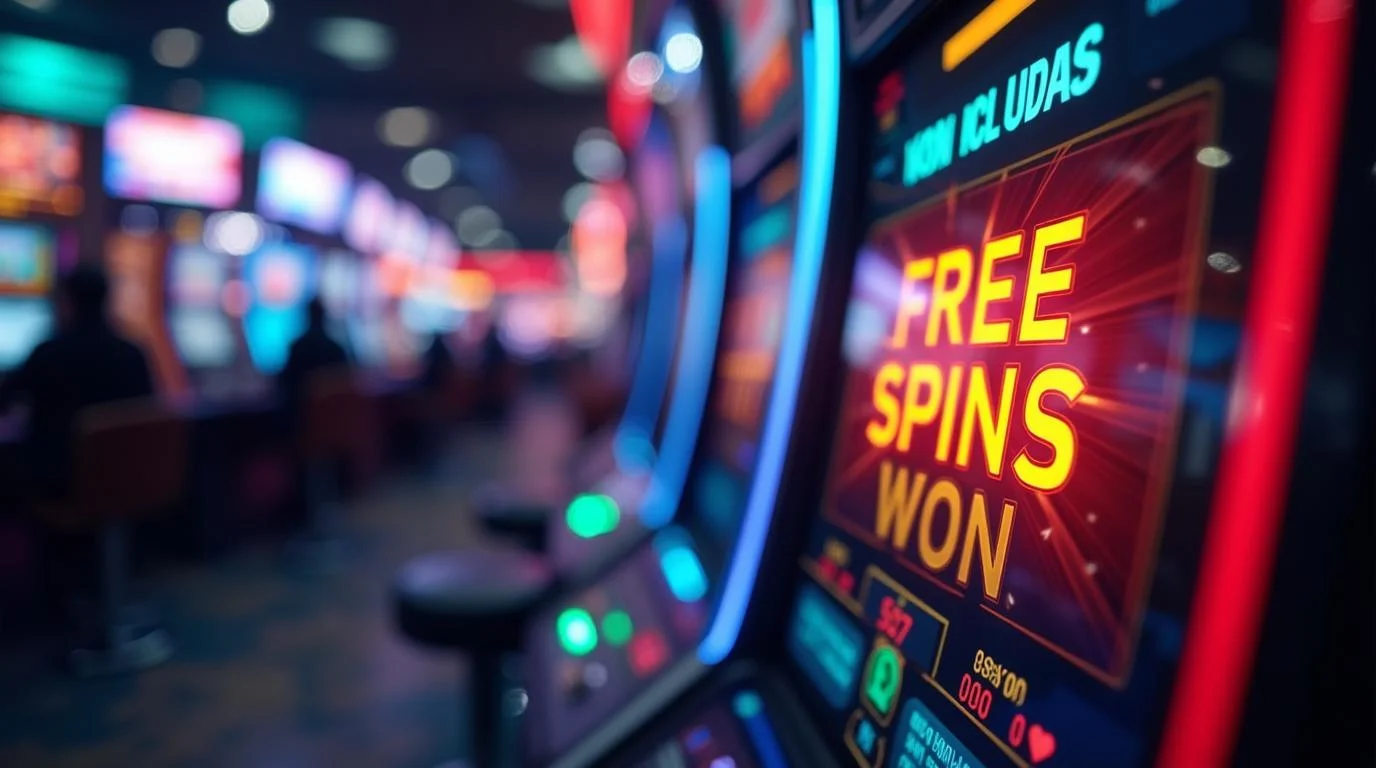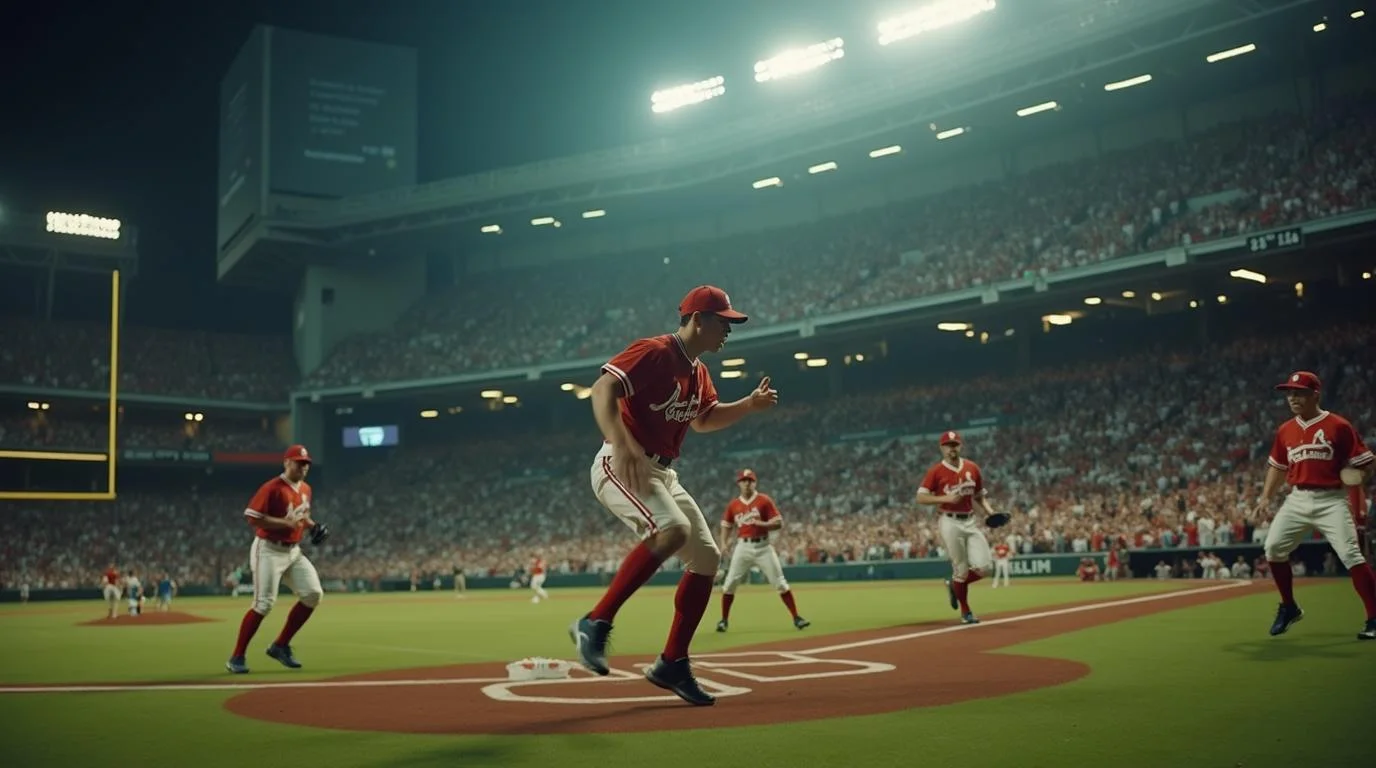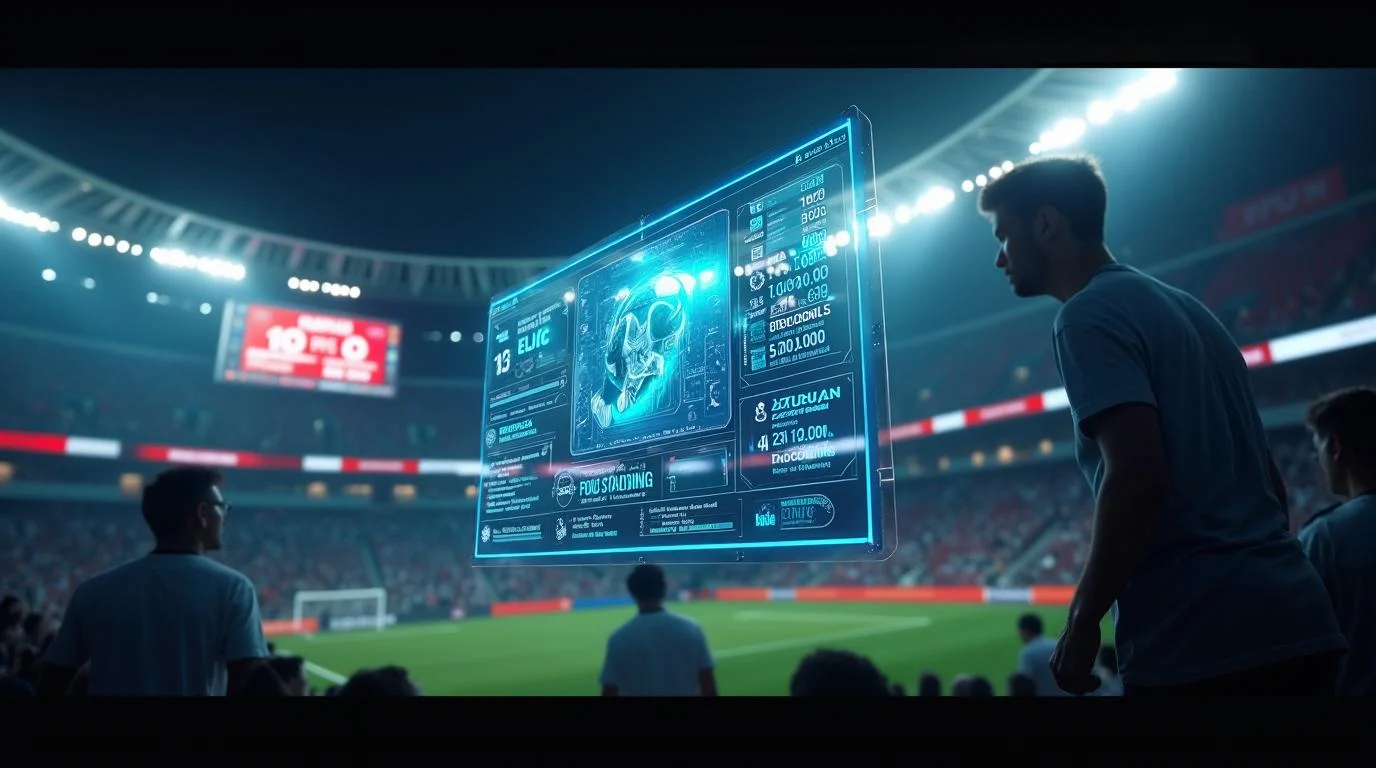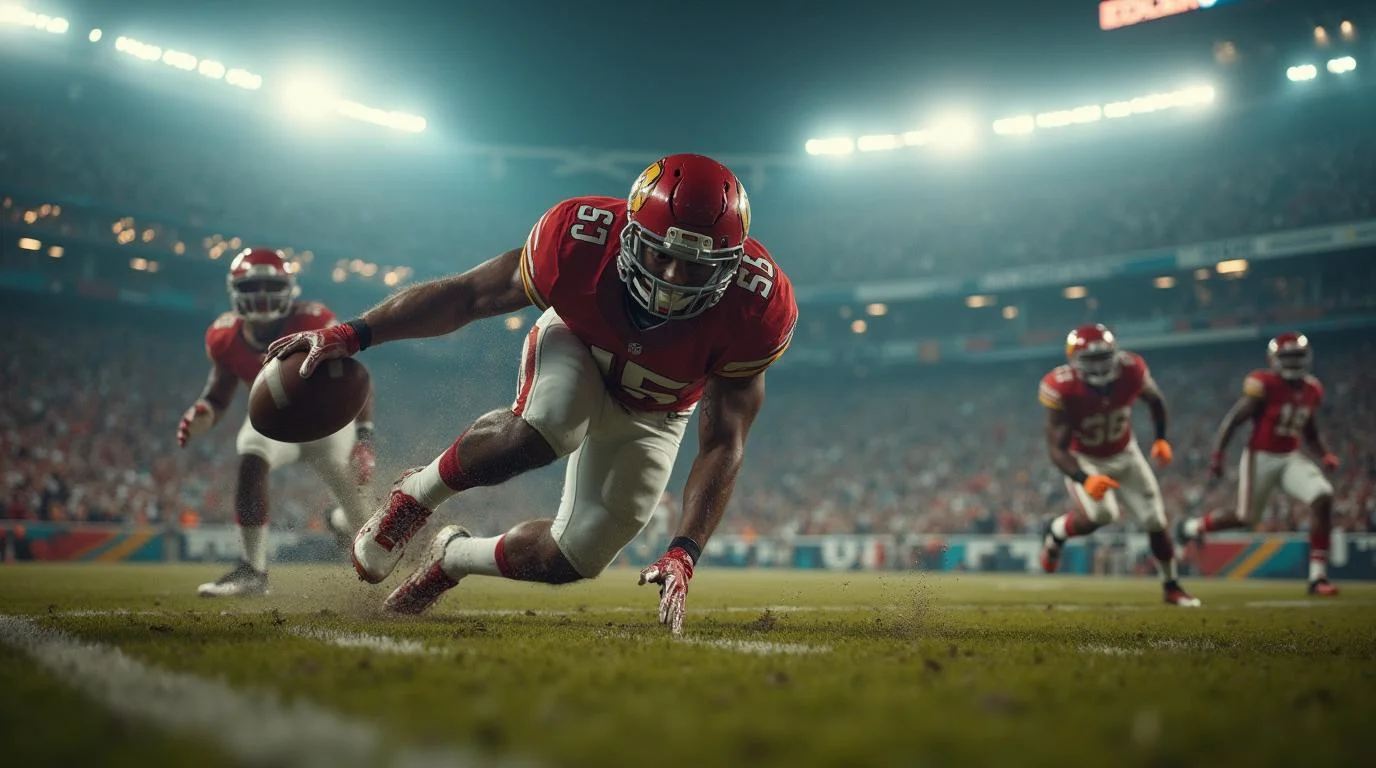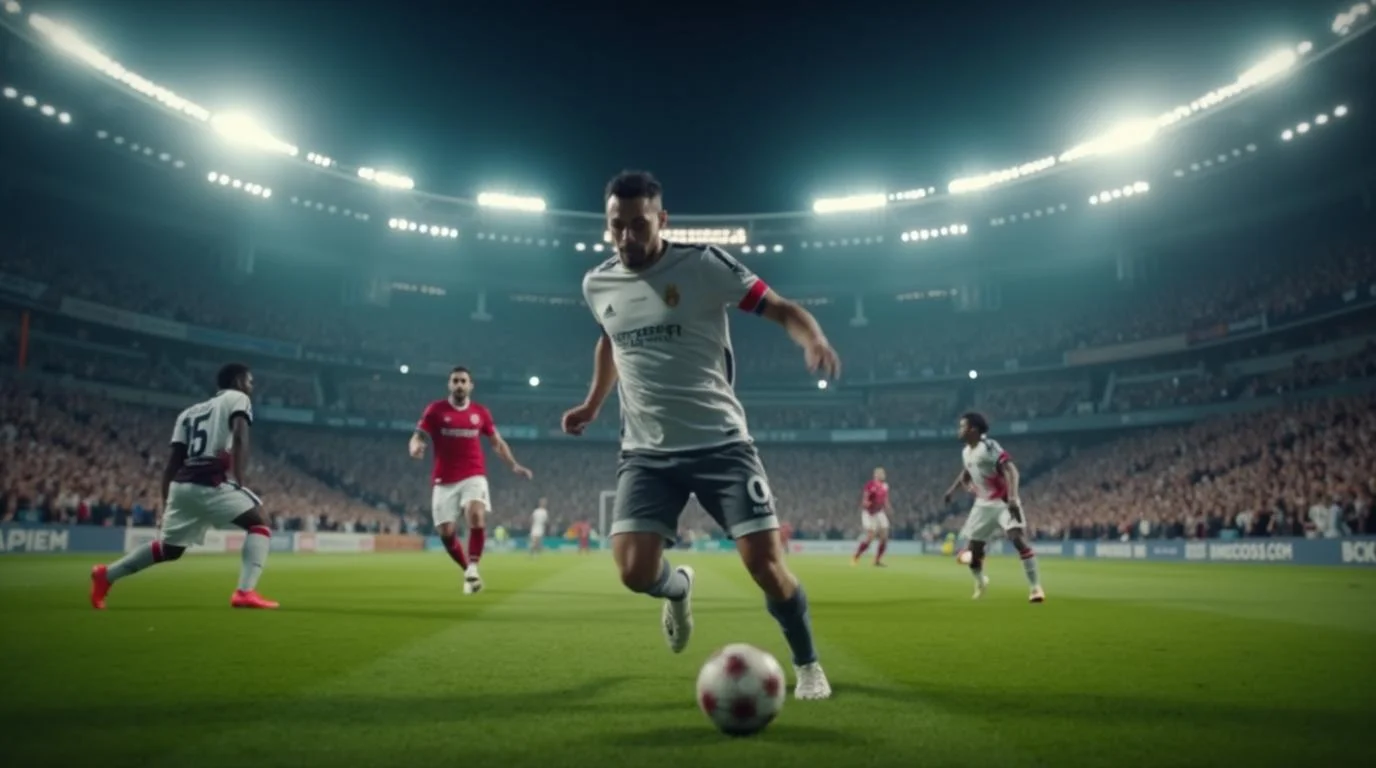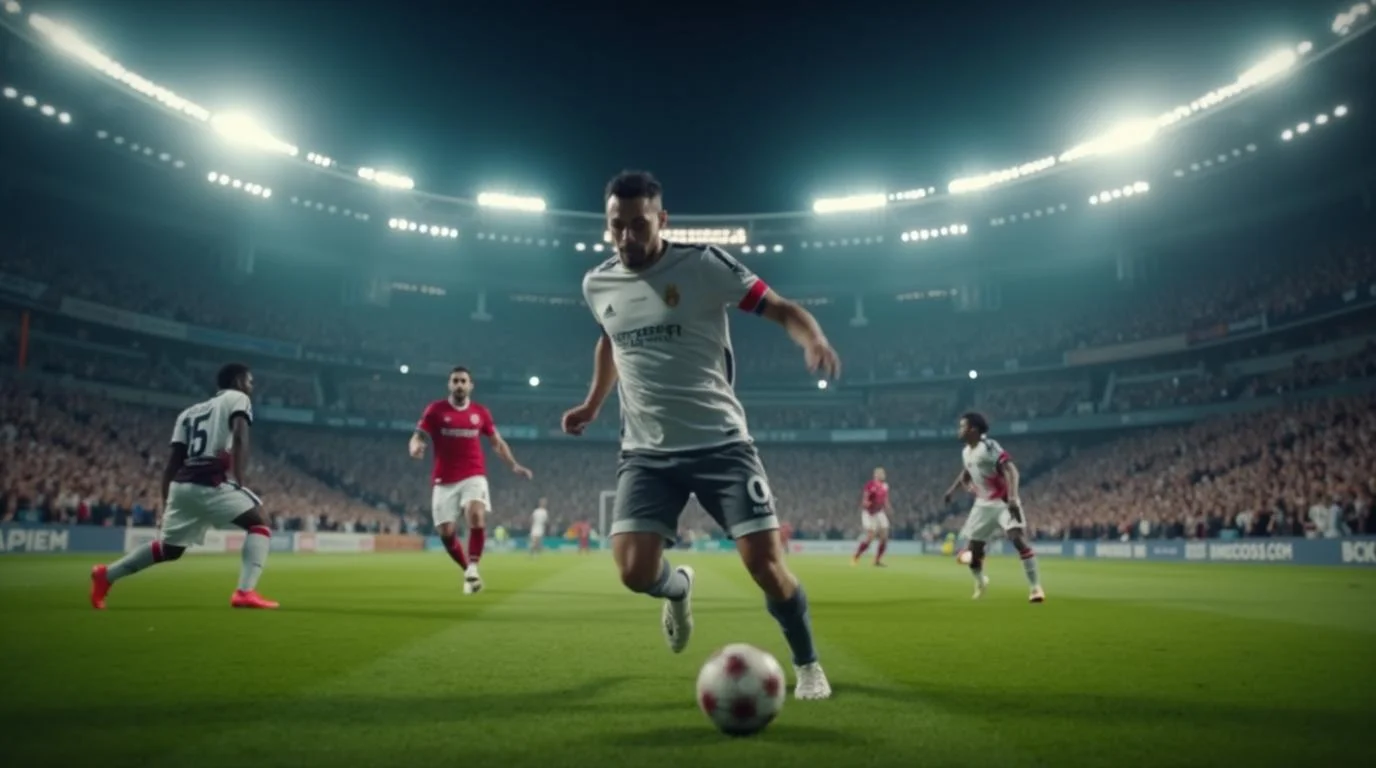What to Expect in the Upcoming NBA Finals?
No repeat team is coming into the NBA Finals from the last five years, and this just means that there’s even bigger hype into the series ahead with fresh looks. The Oklahoma City Thunder returns to the big stage as a team to complete an unfinished left behind in 2012, its early era losing in five games against the Miami Heat. On the other hand, the Indiana Pacers are gearing up to make a comeback on the big stage for the first time since 2000, when they faced the Los Angeles Lakers and lost in six games.
Both teams have high stakes heading into this showdown. OKC is leaning toward completing its arrival on the big stage with its first NBA title since moving to Oklahoma City, while the Pacers seek to redeem their worth with a new young group that could dominate the Eastern Conference.
2025 NBA Finals Odds

Nothing has been easy for both teams. OKC has battled through the biggest teams in the Western Conference as the youngest team in the league and has seen its massive challenges turn into huge strengths that have allowed them to ascend. The Pacers? One clutch game after another, it does seem that there are a lot of big promising performances waiting ahead for the team as well in the Finals.
This series may not be what many fans expected, but both are packing the punch that would definitely make up for an intense NBA Finals to watch now more than ever. Players looking to make the most of their wagers should definitely consider making a brief consideration on your multi-leg bets with our parlay calculator to see all your potential payouts when you bet it right!
Stunning Facts About the NBA Finals
A lot has been said and done about the NBA Finals over the years, and we have seen the emergence of many teams and how well they have left their mark on the big stage. However, there are definitely a lot of facts that not many people may know about the winners and losers of the NBA Finals.
Here are some interesting facts you should know about the NBA Finals:
Jordan Never Played in a Game 7
Michael Jordan’s legacy in the NBA Finals is defined not just by his perfect 6–0 record, but by the sheer dominance with which he achieved it. Remarkably, across six appearances in the Finals (1991–1993, 1996–1998), Jordan never once allowed a series to reach a decisive Game 7.

Each championship was clinched in either Game 5 or Game 6, demonstrating an unparalleled level of control, composure, and killer instinct in the sport’s biggest moments. This consistency under pressure is often cited as one of the clearest testaments to his greatness – no other player with as many titles has managed to win them all without ever being pushed to the brink.
The Gentleman’s Sweep is More Common than You Think
The term "gentleman's sweep" refers to a 4–1 series result in the NBA Finals, where the winning team clinches the championship in five games, often after dropping a single game to avoid a sweep. This outcome is surprisingly common, having occurred more frequently than full sweeps or seven-game series since the 1980s.

The 2023 NBA Finals exemplified this trend when the Denver Nuggets defeated the Miami Heat 4–1 to secure their first-ever NBA championship. Denver's Nikola Jokić was named Finals MVP, averaging 30.2 points, 14.0 rebounds, and 7.2 assists per game, leading the Nuggets to victory in five games. The same was seen in the 2024 NBA Finals when the Boston Celtics raised their 18th championship banner with a 4-1 finish to the Dallas Mavericks last year.
Teams Have Been Swept More Than You Think
While NBA Finals sweeps are rare, they have occurred more frequently than many realize. As of 2025, there have been 10 sweeps in NBA Finals history. Notably, the Los Angeles Lakers have been swept three times: in 1983 by the Philadelphia 76ers, in 1989 by the Detroit Pistons, and in 1995 by the Houston Rockets.

LeBron James, considered one of the greatest players of all time, has been swept twice in the Finals–once in 2007 by the San Antonio Spurs and again in 2018 by the Golden State Warriors. This series was marked by dominant performances from the Warriors, including a notable Game 1 overtime near-victory for the Cavaliers. The average margin of victory in this sweep was 15 points, the largest in any NBA Finals. The Warriors' victory further solidified their dynasty during that era.
NBA Finals Games Were Played in Neutral Venues
In the early years of the NBA, particularly during the 1950s, the logistics of hosting the NBA Finals were quite different from today's meticulously planned, home-court-centric series. Back then, it was not uncommon for Finals games to be held at neutral venues, a practice motivated by several practical concerns.

A famous example of this is the 1956 NBA Finals between the Philadelphia Warriors and the Fort Wayne Pistons. While the series was technically a best-of-seven, some games were held in neutral cities like Rochester, New York. This kind of venue flexibility helped the league grow its fan base, but it also meant that teams sometimes lacked a true home-court advantage – a far cry from the roaring home crowds seen today.
The Finals Format Changed Three Times
The format of the NBA Finals has undergone several changes over the years, driven by a mix of logistics, competitive balance, and league growth. Originally, the Finals used the 2–2–1–1–1 format, where the team with home-court advantage hosted Games 1, 2, 5, and 7, while the other team hosted Games 3, 4, and 6. This approach ensured that no team had three consecutive home games, which promoted fairness and kept the pressure evenly distributed.

However, in 1985, the NBA made a major shift to the 2–3–2 format. The motivation behind the change was largely travel-related – particularly to ease the burden on players, media, and team staff during long coast-to-coast series, such as the frequent matchups between the Boston Celtics and Los Angeles Lakers. Under this structure, the team with home-court advantage would host Games 1, 2, 6, and 7, while the lower-seeded team got three straight home games in the middle.
In response to these concerns, the NBA reverted back to the original 2–2–1–1–1 format in 2014, starting with the Finals between the San Antonio Spurs and Miami Heat. The change was seen as a move to reward the higher-seeded team more fairly by ensuring no team had a three-game stretch at home.
What to Expect in the 2025 NBA Finals?
The NBA Finals have always been a captivating blend of history, drama, and unforgettable moments. From Michael Jordan’s flawless Finals record without ever facing a Game 7, to the surprising frequency of “gentleman’s sweeps,” these facts reveal the rich tapestry behind basketball’s biggest stage.
The evolution of the Finals format and even the early use of neutral venues show how the league has grown and adapted over time, balancing fairness with practicality. As the 2025 NBA Finals approach, with fresh teams – the Oklahoma City Thunder and Indiana Pacers ready to stake their claim, fans are in for an exhilarating series full of new stories and legends in the making.
Whatever happens, one thing remains certain: the Finals will continue to deliver unforgettable moments that define the essence of the NBA. So make sure to get ready to plan your bets ahead starting with the team odds. See all potential winnings on various formats with our odds converter.












_800x800.webp)







